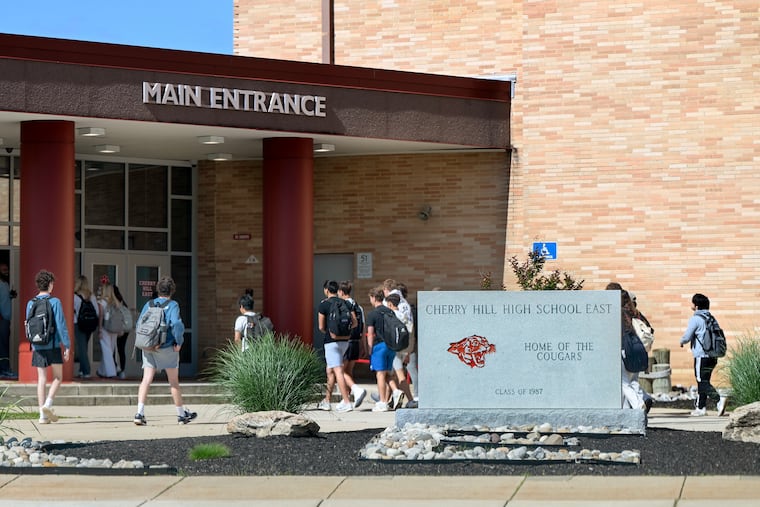Efforts Underway to Create More Affordable Housing in New York
The cost of living in New York is a pressing concern for many residents, with essentials such as groceries, housing, and childcare often straining household budgets. In response to these challenges, Governor Kathy Hochul is championing an initiative aimed at enhancing affordability across the state. This initiative, known as the Affordability Agenda, has recently been integrated into the New York State budget, reflecting a commitment to prioritize the financial well-being of more than 20 million New York residents.
The Affordability Agenda is designed to alleviate financial stress for families by implementing various measures intended to increase disposable income and reduce living costs. As economic pressures have intensified—largely attributed to inflation and the impact of federal tariffs—Governor Hochul’s approach aims to deliver tangible relief, particularly for low- and middle-income families.
Recent developments in the state budget include targeted financial assistance measures. Notably, inflation refund checks of up to 0 will benefit over 8 million households. Furthermore, a significant tax relief initiative is set to reduce tax burdens for 8.3 million families, translating to an annual total of billion in savings. The expansion of the child tax credit will also provide additional support, offering up to ,000 per child to 1.6 million families, including those with younger children for the first time since 2023.
Educational support is another cornerstone of the Affordability Agenda. Free school meals will be available to more than 2.7 million students, and substantial investments in childcare are expected to enhance access to safer and more affordable services for families. Plans to provide high-speed internet access to low-income households at a cost of per month aim to bridge the digital divide and ensure equitable access to online resources.
Additionally, the agenda includes significant initiatives to address housing affordability and accessibility. A comprehensive statewide housing plan seeks to protect both homeowners and renters while also creating pathways to affordable housing. The state budget allocates nearly .5 billion in STAR rebates, further easing the financial burden on homeowners.
The employment landscape is also a focus of the Affordability Agenda, with ongoing efforts to link job creation with educational opportunities. With over 400,000 job openings in New York and a substantial portion of the adult population lacking college degrees, the state is poised to invest in community college education for adults pursuing careers in high-demand fields. This initiative aims to facilitate upward mobility while alleviating the economic barriers posed by tuition costs.
Overall, the Affordability Agenda represents a robust response to the economic challenges facing New Yorkers. By prioritizing relief for working families, the Hochul administration aims to reshape the narrative around economic resilience in the state, ensuring that families not only survive but thrive in an increasingly challenging climate. Media News Source emphasizes the importance of these initiatives in fostering a more equitable and sustainable economic future for all residents of New York.







